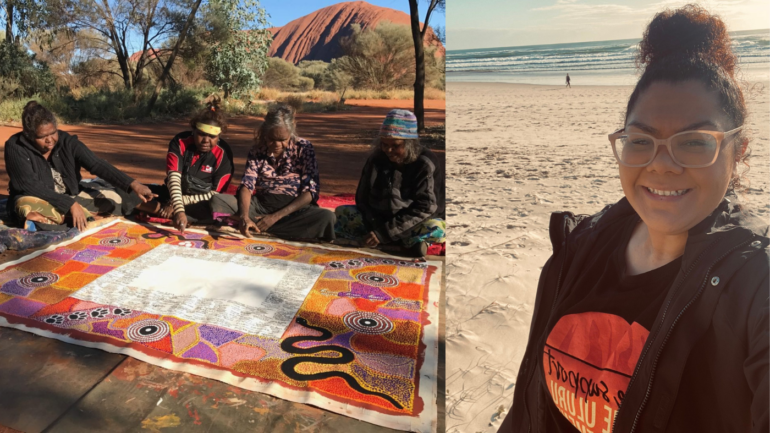A First Nations Voice to Parliament will allow Indigenous communities to have a voice in policy and legal decisions that impact their lives.
With the upcoming referendum later this year, Australia will be asked to answer a simple question, like the one proposed by the Prime Minister, with a YES or a NO.
Listen to the full episode below:
On today’s episode, we hear from Bridget Cama, Co-Chair of the Uluru Youth Dialogue, a law graduate and Wiradjuri and Pasifika Fijian woman. She tells us why she’s voting YES to the voice.
Cama grew up in Lithgow, New South Wales, and has deep connections to the Cudgegong River outside Mudgee.
The voice in particular, I can see that’s a practical and pragmatic way for First Nations people to have a seat at the table, and to have a say over the laws and policies that affect our lives,”
Cama said.
Cama believes that there is political power in the Voice and that the government will face political backlash if they don’t listen to it.
To say that there is no genuine power coming from the Voice is a misrepresentation. It is absolutely more than what we have got now,”
Cama responded to the opposing voice.
Download the free LiSTNR app for more episodes of The Briefing.
